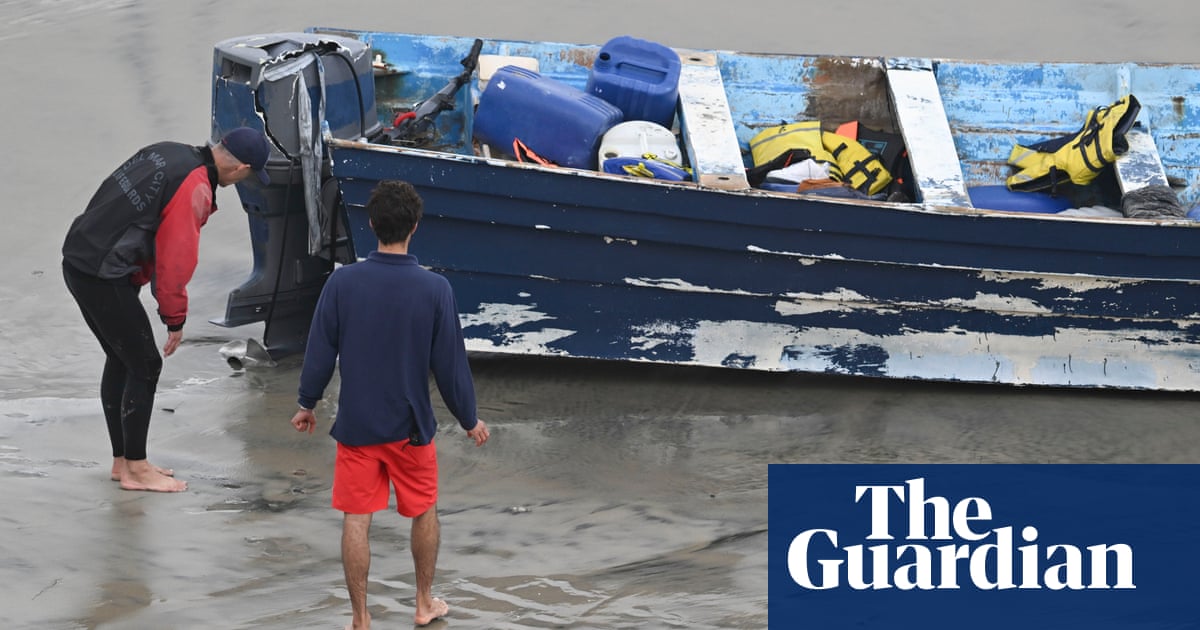The recent report on the tragic capsizing of a small boat off the San Diego coast raises several significant issues regarding safety, immigration, and public perception. The loss of life and the ongoing search for missing individuals highlights the dangers associated with maritime activities, particularly those linked to smuggling operations.
Public Sentiment and Perception
The article appears to aim at evoking a sense of urgency and concern within the community regarding safety on the waters. By emphasizing the fatalities and injuries, the piece may seek to create awareness about the risks involved in such maritime endeavors, especially in the context of smuggling, which has become increasingly dangerous. The mention of past incidents involving migrant smuggling boats adds a layer of depth to the narrative, potentially stirring feelings of empathy and alarm among readers.
Potential Undercurrents
This report could inadvertently obscure broader issues regarding immigration policy and enforcement. The focus on the tragic event may detract from discussions about the motivations behind such perilous journeys, such as economic hardship or violence in home countries. Thus, while addressing immediate safety concerns, the article may also serve to maintain a narrative that frames smuggling as a criminal action rather than a desperate measure taken by individuals facing dire circumstances.
Connection to Broader Themes
Comparing this incident to previous maritime tragedies emphasizes the ongoing crisis surrounding migrant smuggling in the region. The history of similar events could lead readers to connect the current situation to a larger narrative of systemic failures in addressing the root causes of migration. This connection might foster a sense of urgency for policy reform regarding immigration and border control.
Impact on Society and Economy
The reporting of such incidents can have ripple effects on public opinion regarding immigration policies, potentially influencing political discourse. A heightened awareness of the dangers faced by migrants could lead to increased advocacy for humane immigration reform. Conversely, it may also invoke a more hardline stance among those who view smuggling as a direct threat to national security.
Community Reactions
This news story may resonate more strongly with communities that are directly affected by immigration issues, such as those near the border or areas with significant immigrant populations. The emotional weight of the story might galvanize support for organizations focused on migrant safety and rights.
Market and Economic Implications
While the immediate economic impact of this incident may be minimal, ongoing discussions about immigration could influence markets related to border security technologies and services. Companies involved in maritime safety and rescue operations might see a shift in public interest, potentially affecting their stock performance.
Geopolitical Context
The tragic nature of this event aligns with broader global discussions on immigration and refugee crises. It highlights the complexities of human mobility in the face of adversity, which is a pressing issue in today's geopolitical landscape.
Role of AI in Reporting
There is a possibility that AI tools were utilized in crafting this article, particularly in structuring the facts and synthesizing data on past incidents. Automated systems could have influenced the tone and framing of the narrative, potentially emphasizing the urgency of the search and rescue efforts.
Possibility of Manipulation
The language used in the article may lean toward sensationalism, particularly in its focus on fatalities and injuries. This could be interpreted as a manipulation of emotions to draw attention to the dangers of smuggling, potentially shaping perceptions in a way that aligns with certain political narratives.
In summary, this report serves as a poignant reminder of the dangers associated with maritime smuggling while also inviting reflection on the broader societal and political implications of immigration issues.
